Goethe-Institut Kanada 1962-1991
Join us on a journey through time!
photo: Goethe-Institut
© photo: Yves Beauchamp, La Presse
In the winter of 1962, Dr. Fritz Genzel arrives in Montreal accompanied by his wife Waltraut, several suitcases and a trunk full of books. His mission: to found the Montreal branch of the Goethe-Institut, which already has 34 branches around the world (today there are over 144!). Dr. Genzel finds a Victorian villa on Drummond Street in the west of the city, immediately signs the lease agreement and gets renovations started. Classrooms, exhibition hall, library and offices are being set up. In September, the “Goethe House” is officially inaugurated, followed by the first language courses and cultural events for which the institute has been known ever since. Concerts and plays are performed and exhibitions are shown. The program was more classics oriented than today, but always in tune with the spirit of its time!
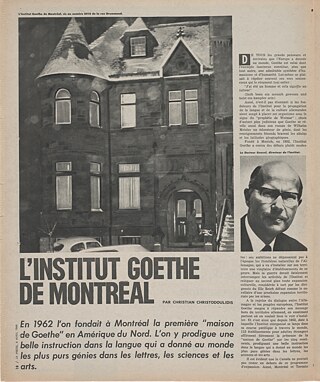
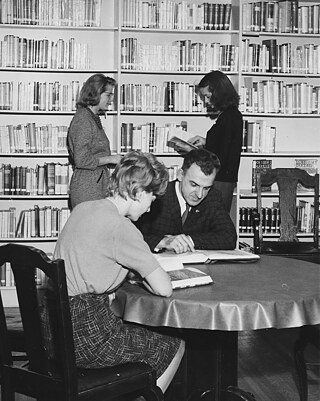
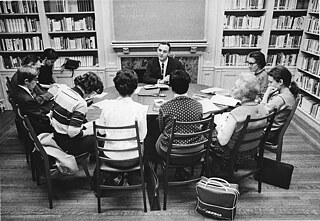
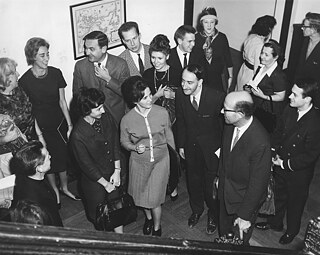
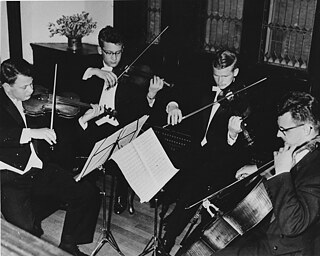
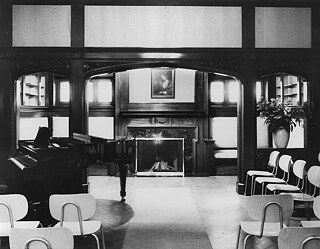
After eight years of faithful service - three were originally planned! - the first director of the Montreal institute is packing his bags and returns to Germany. The statistics in the Festschrift written in his honor - with a contribution by Marie-Claire Blais, author and course participant at the institute - bear witness to the extent of his work: 99 conferences, 58 films, 20 plays, 66 concerts, 35 exhibitions and 168 language courses for a total of 6270 course participants and 74255 visitors. Congratulations!
Plays, concerts, painting exhibitions, new books from Germany, jewelry from the Palatinate on the Rhine, and not forgeting the inevitable Okotoberfest with its traditional costume dances. An entire German week takes place in the presence of an illustrious guest who would become, years later, the future head of the West German and then German government after Germany’s reunification: Dr. Helmut Kohl!
© Nicole Baer
In the years from 1969 to 1977, the Goethe-Institut Ottawa was headed by Dr. Getrud Baer. With a variety of political and cultural activities, Dr. Baer succeeded in significantly strengthening the Ottawa location and establishing the Goethe-Institut as an integral part of the city's cultural scene. In 1969, her work began with an exhibition of Otto Dix's lithographs, followed by exhibitions of Ernst Barlach (1971), George Grosz (1974) and Otto Pankok (1976). In addition to other well-known personalities from culture and politics, Dr. Baer was able to welcome the German politician and former Minister of Science and Education Dr. Hildegard Hamm-Brücher in 1973, who spoke in favor of women's rights in a speech at the institute.
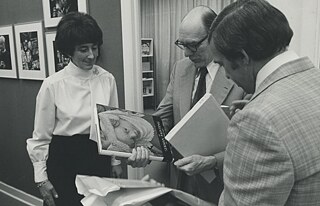
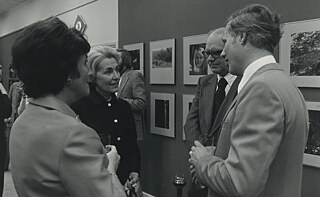
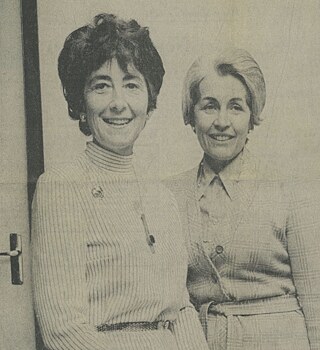
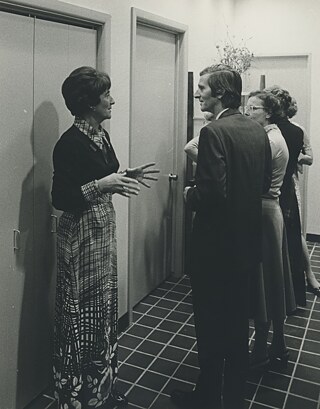
cc by sa 4.0 via wikimedia commons
Lotte Reiniger, one of the great pioneers of animated film, visits Montreal in person to give professional workshops at the National Film Board (NFB) on the occasion of a retrospective at the Cinémathèque québécoise and an exhibition at the Goethe-Institut. This great woman of cinema made the first feature-length animated film, Les aventures du prince Achmed (1923-26), creating what she became famous for: the technique of silhouette animation.
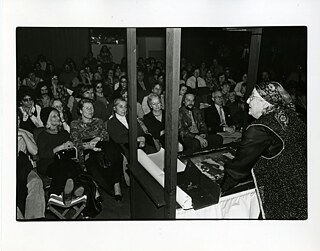
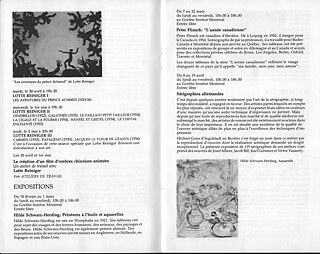
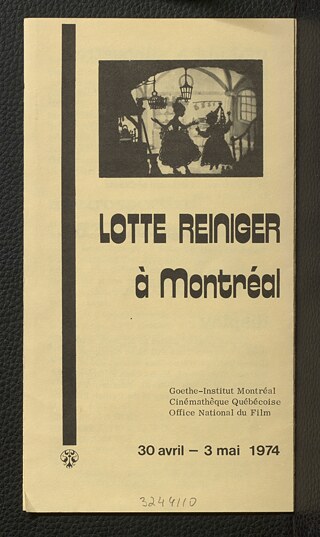
© photo: BANQ Québec, Fonds Ministère des Communications Bernard Vallée
Günter Grass, the famous German author of Die Blechtrommel (The Tin Drum) - and later winner of the Nobel Prize for Literature in 1999! -, is visiting Quebec at the invitation of the Goethe-Institut. An omnipresent intellectual figure in post-war Germany, he gives numerous lectures, interviews and readings from his latest novel in Montreal. Afterwards, the author, known for his political statements, is invited to Quebec City by none other than Premier René Lévesque to discuss, among other things, the linguistic and political situation in the province. Serious topics treated with great seriousness by these two great men ... as evidenced by a photo of the meeting.
© photo: Rainer Wittenborn & Claus Biegert
In 1980, visual artist Rainer Wittenborn and journalist and writer Claus Biegert undertake a trip to James Bay in northern Quebec. As part of an artistic-ethnographic project, they plan an exhibition about the community of the Cree First Nation, who are confronted with the construction of one of the world’s largest hydroelectric power plants - a plant that will change their territory forever.
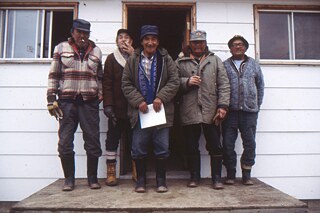
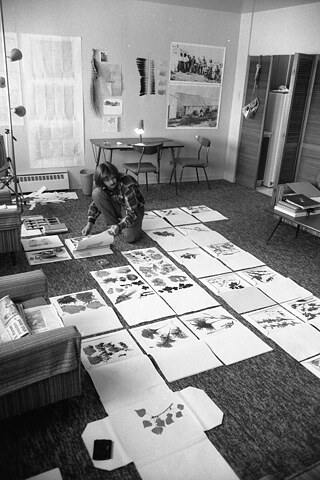
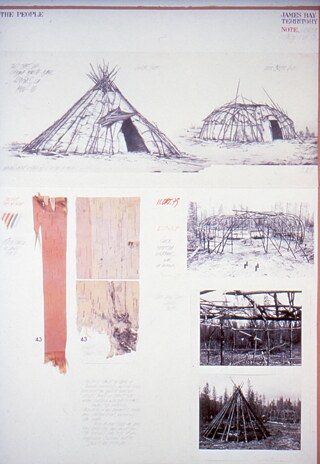
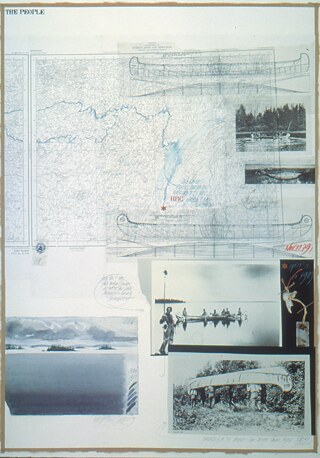
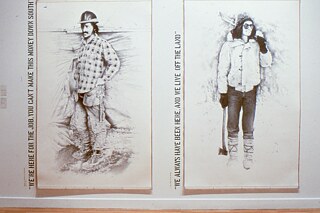
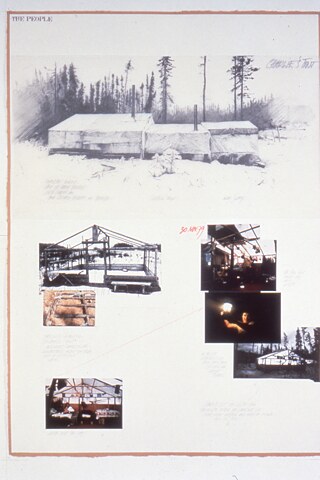
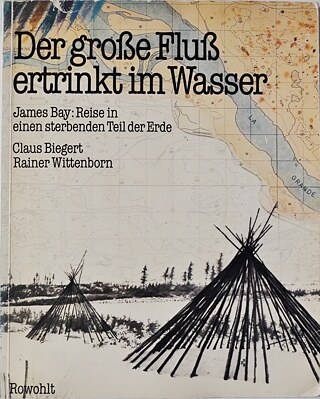
© BANQ Collection
The year-long Bauhaus Montréal event series (1984-85) highlights the influence of the famed German school on design, as well as paintings, architecture, film and dance. Graphic designer and UQAM professor Alfred Halasa is responsible for designing the posters for the events at the institute, the Musée d’Art Contemporain, the Maison de la Culture de Notre-Dame-de-Grâce, the Centre de Création et de Diffusion du Design at UQAM, and McGill University.
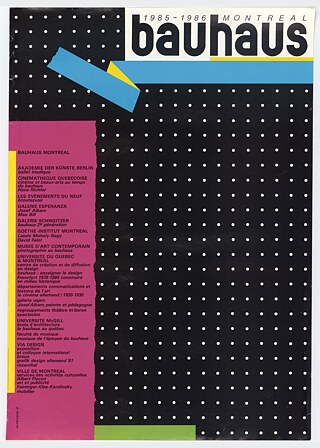
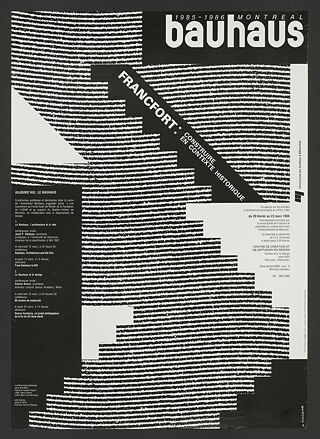
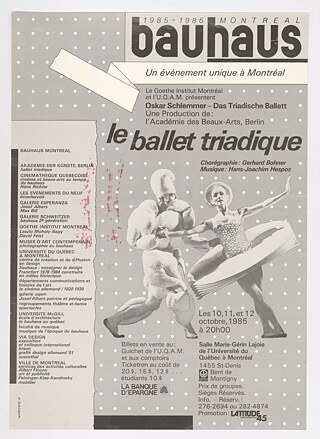
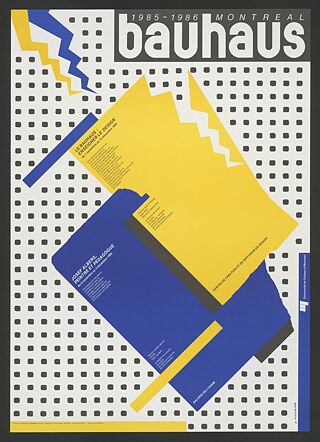
© Goethe-Institut
A unique moment of exchange between twenty contemporary visual artists from Montreal and Berlin, the Montréal/Berlin 88-89 project is organized in collaboration with Lavalin art gallery and the Saidye Bronfman Centre. Berlin curators Hermann Wiesler and Matthias Langner select ten Montreal artists, while Montreal curators Leo Rosshandler and Peter Krausz are responsible for selecting the ten artists from Berlin. The exhibition is presented in the fall of 1988 in Montreal and then travels to Berlin in the winter of 1989. The artists spend four months in their respective host cities. In the words of Leo Rosshandler, “it is thus the splitting of tendencies, one of the characteristics of all art today, that the exhibition reflects. It shows that Berlin and Montreal are in the same boat”. A few months later, the Berlin Wall falls.
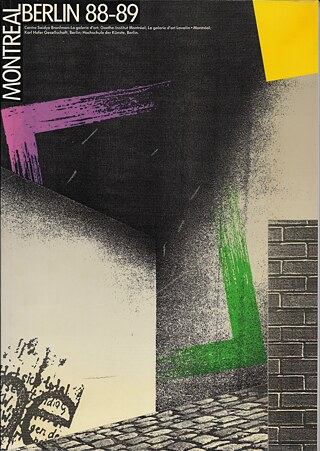
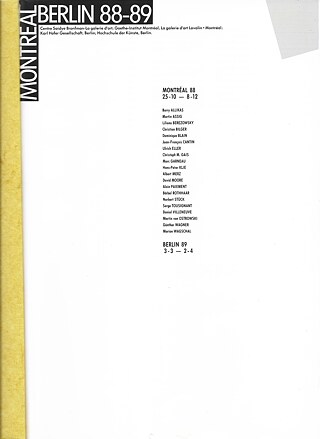
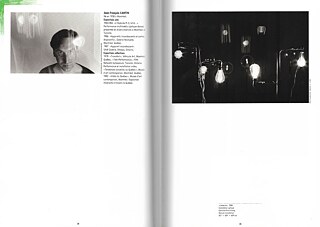
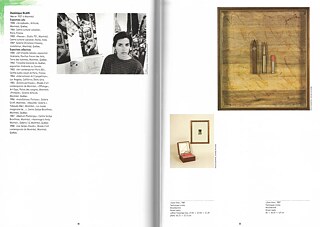
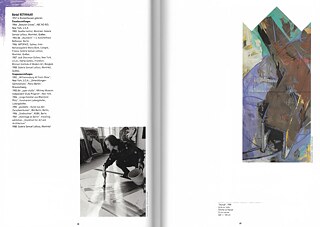
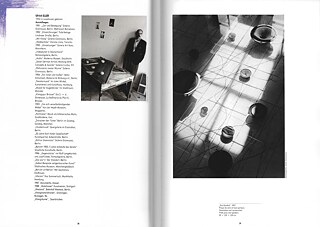
© Etta Gerdes